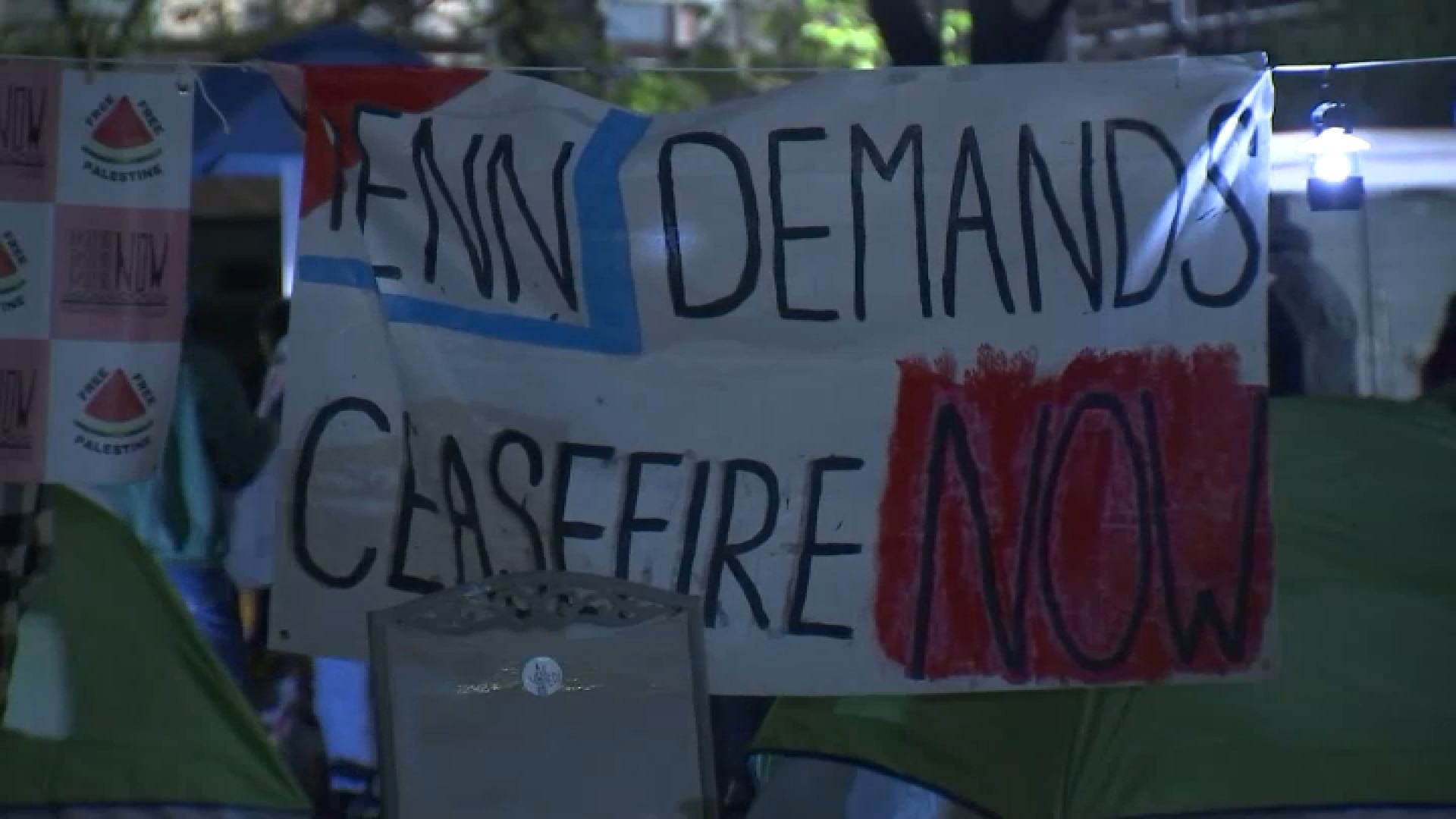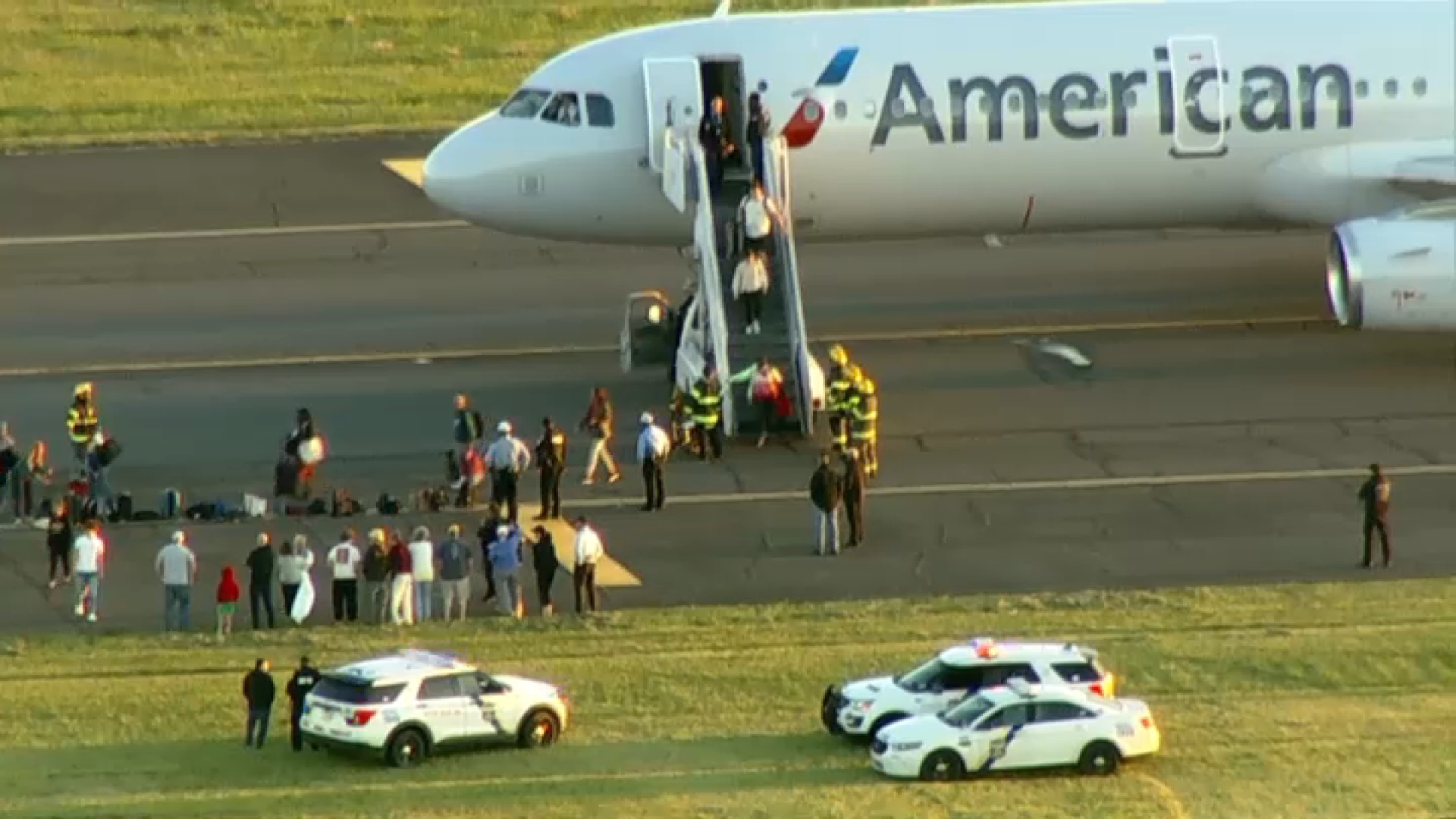The paramedics were injecting naloxone into two people at a time.
It was 6 a.m. Wednesday on the streets of Camden, New Jersey and Death was attempting to claim 16 victims of the opioid crisis.
"We would get dispatched to a location and find two patients overdosed," Cooper EMS Chief Steve Hale said.
Hale's team typically sees nine drug overdoses in a day. Sixteen in just a little more than an hour stretched them to the limit.
He said the spike came from a bad batch of drugs given out by dealers during a so-called "free giveaway day."
Dealers will sometimes hand out free samples of heroin to drum up support for their product.
Drug users that NBC10 spoke with for our award-winning special report Generation Addicted about the heroin and opioid crisis explained how they would get up early in the morning and run to a corner where a dealer would throw free dime bags to the ground.
Local
Breaking news and the stories that matter to your neighborhood.
"If they give it free, people get hooked," Hale said.
None of the patients who overdosed Wednesday morning died thanks to the medics' efforts, but the chief worries that could change as the opioid epidemic worsens.
The Philadelphia region has some of the strongest and purest heroin in the country. It's also some of the cheapest. The infiltration of exponentially more potent opioids like fentanyl and carfentanyl has made the fight to revive people much harder.
Nadeem Ishaq, a Cooper EMS supervisor and paramedic, said more often he's had to deliver two or three doses of naloxone to reverse an overdose.
"It is worsening by the minute," he said.
For all of 2016, Cooper EMS administered 950 doses of naloxone, known by its brand name, Narcan. It helps block the drug's effects so that a person can begin breathing normally again. So far this year, they have used 1,050 doses with four months until the year's up.
"It's crushing us," Hale said. "The overdose patients and the volume of Narcan we're giving."
Across the river in Philadelphia, drug overdose is now a leading cause of death — claiming more lives last year than stroke and respiratory disease.
Nationally, 142 people die each day from drug overdose. A presidential commission on the opioid epidemic equated the death toll in more jarring terms: "America is enduring a death toll equal to Sept. 11th every three weeks," an excerpt from an interim report read.
The grim statistics prompted President Donald Trump on Thursday to declare the opioid crisis a national emergency. The proclaiment allows the White House to direct funds more pointedly toward treatment programs and waive some federal rules, experts say.
The declaration is welcome news to first responders like Hale and Ishaq on the front lines of the crisis. But advocates like Daniel Raymond from the Harm Reduction Coalition worries meaningful action won't come to fruition.
“Words need to be accompanied by actions. After 200 days into the Trump Administration, we have yet to see a clear and consistent strategy emerge," Raymond said in a statement.
The coalition is calling for keeping Medicaid and Medicare in tact, rejecting a crime-driven "War on Drugs" and supporting of harm reduction and recovery efforts.



